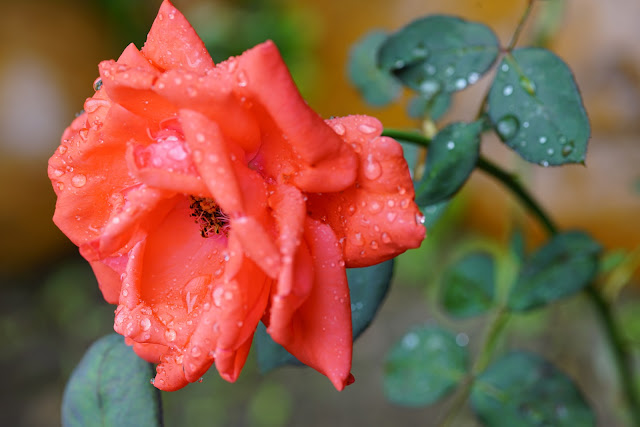I've heard and read bits and pieces about what's come to be called the West
Kowloon Cultural District (WKCD) for a while but I never visited the
site after actual construction of the relevant facilities began in
earnest. Yesterday, I did so.

I first had to cross the highway serving the Western Harbour Crossing tunnel from the Kowloon Station of the MTR's Tung Chung Line to the seafront



































